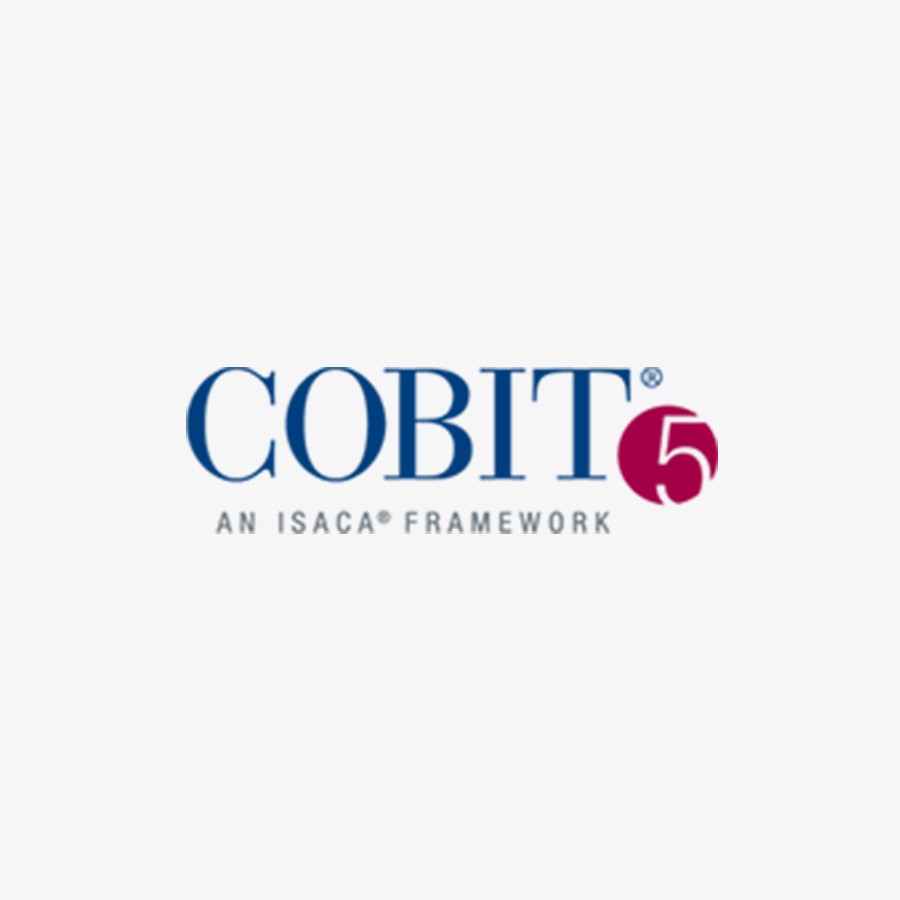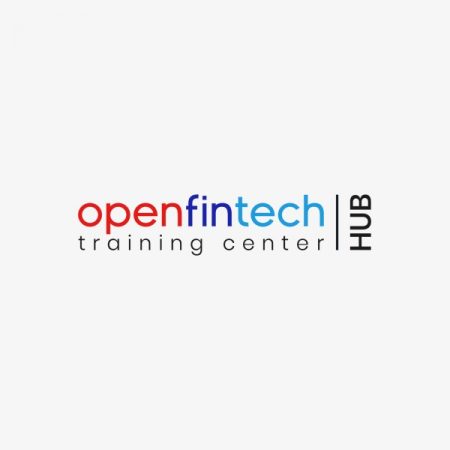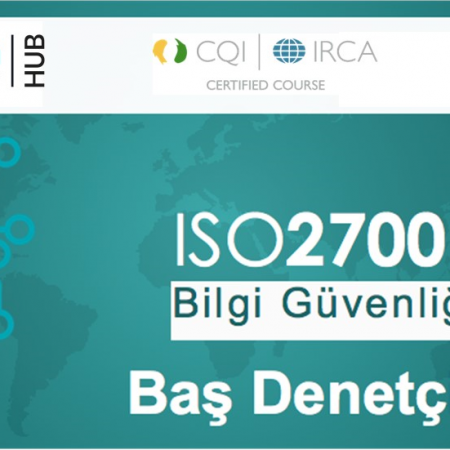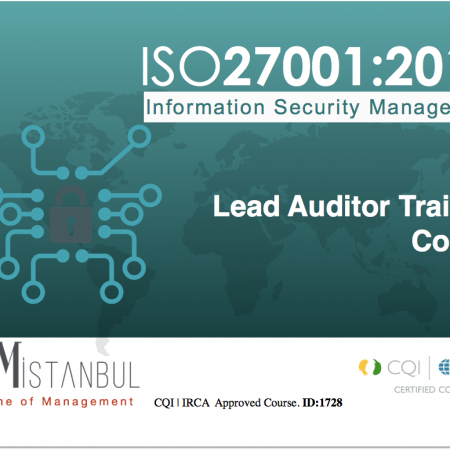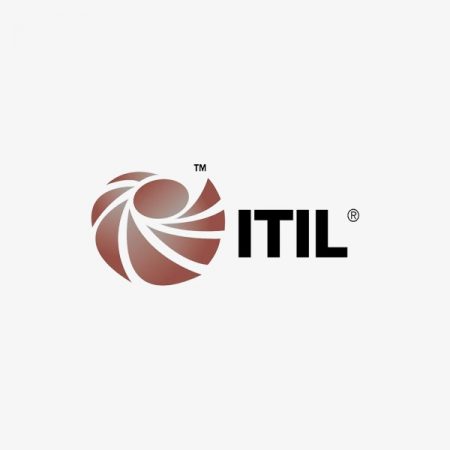COBIT® 5 Implementation
COBIT® 5 Implementation
Course Description:
Get a practical appreciation of how to apply COBIT 5 to specific business problems, pain points, trigger events and risk scenarios within the organization. Learn how to implement and apply COBIT 5 into your enterprise and how to effectively use it for client initiatives. Attendees will walk away with an appreciation of how to effectively use COBIT 5 for different organizational scenarios.
The course is supported by practical exercises and engaging case-based scenarios. Candidates learn how to apply the COBIT 5 continual improvement lifecycle approach to address requirements and establish and maintain a sustainable approach to governing and managing enterprise IT as “normal” business practice.
Audience:
A wide range of IT auditors, IT managers, IT quality professionals, IT leadership, IT developers, process practitioners and managers in IT service providing firms, business managers.
Learning Objectives:
At the end of this course, you will gain competencies in:
- How to analyze enterprise drivers
- Implementation challenges, root causes and success factors
- How to determine and assess current process capability
- How to scope and plan improvements
- Potential implementation pitfalls
Case Study:
Scenario-driven learning has always been one of the key success factors of the ITpreneurs COBIT training approach, since it puts you in the right mind-set to apply the principles of COBIT in real life. The all-new case study takes this into account and builds on it by:
- Providing more business-focused challenges through situations and cases
- Presenting a real world connect using situations that can occur in day-to-day life
- Discussing the application of COBIT with others
About the Examination:
- The COBIT 5 Implementation examination paper consists of three booklets: the scenario booklet, question booklet and the answer (sheet) booklet. In total, there are four questions, each testing one syllabus area, in various formats (multiple choice, multiple response, matching responses and evaluating statements).
- The pass mark for the Implementation exam is 50%. Each of the four questions contains 20 question lines, each of which attracts 1 mark, giving a total of 80 marks. Each of the four questions will be sub-divided into parts. Each of these ‘part-questions’ will identify the portion of the 20 marks allocated to it.
- The exam is 150 minutes in duration.
- You may reference a copy of the Implementation Guide and the Enabling process Guide during the examination.
Course Outline:
- Positioning IT Governance
- Benefit Realization
- Risk Optimization
- Resource Optimization
- Environmental Factors
- IT Governance Frameworks
- Applying IT Governance
- Taking the First Steps
- Environment for IT Governance Implementation
- Roles and Responsibilities
- RACI Chart for Implementation
- Life-cycle Approach and Phases
- Pain Points and Trigger Events
- Continual Improvement, Change Enablement and Program Management
- What Are the Drivers?
- Drivers for IT Governance
- Key Role Players
- Tasks, Inputs and Outputs
- Challenges
- Root Causes
- Critical Success Factors
- Continual Improvement, Change Enablement and Program Management
- Where Are We Now? And Where Do We Want to Be?
- Root Causes for Overcoming Implementation Challenges
- Implementation Pitfalls
- Target Capability
- Identify Challenges
- Encouraging Management
- Defining Roles
- Planning and Scoping
- Continual Improvement, Change Enablement and Program Management
- What needs to be done? And How do we get there?
- Initiating the Program
- Success Factors
- Planning
- Getting Commitment
- Target Setting
- Availability of Key Roles
- Overcome Fear of Bureaucracy
- Continual Improvement, Change Enablement and Program Management
- Did we get there? And how do we keep the momentum going?
- Adoption by Role Players
- Demonstrating Benefits
- Using Momentum
- Continual Improvement, Change Enablement and Program Management
Course Features
- Lectures 0
- Quizzes 0
- Skill level All levels
- Language English
- Students 0
- Assessments Yes


